Panel Highlights Key Myeloma Takeaways From ASCO 2023
By Saad Z. Usmani, MD, MBA, FACP, Shambavi Richard, MD, Meera Mohan, MD, Yi Lin, MD - Last Updated: January 17, 2024A roundtable discussion, moderated by Saad Usmani, MD, of Memorial Sloan Kettering Cancer Center, focused on treatment considerations for relapsed or refractory multiple myeloma, including updated data from the 2023 American Society of Clinical Oncology (ASCO) Annual Meeting. Dr. Usmani was joined by a panel that included Yi Lin, MD; Shambavi Richard, MD; and Meera Mohan, MD.
In the final segment of the roundtable series, the panelists highlight key data presented at ASCO 2023 and what they’re looking forward to in the treatment landscape for relapsed or refractory myeloma.
—
Dr. Usmani: This has been a great discussion and you’ve been so engaged in sharing your own experiences at your institutions in the light of all this data. To conclude, what would be your one or two key take-aways from ASCO?
Dr. Lin: I think we are seeing that all these very novel immunotherapies, bispecifics, chimeric antigen receptor (CAR)-T, [are] really moving into earlier and earlier lines. We’re seeing some of these emergent data and these combinations. These are all very exciting.
I think we need to have a little bit longer follow-up to understand the balance between the benefits gained in the response versus the toxicity; and then these subpopulations of patients that might benefit more with certain combinations, or do well with one drug, a lot of what we’ve been discussing.
Also, very encouraging to see these real-world experiences emerge. There’s some reports with teclistamab as well; now we have this with CAR-T. Something I’m really seeing amongst my colleagues is we’re adopting some of these trial data fairly quickly, and trying them in the real world, because we’re trying to figure out how to improve access for our patients. I feel like how we are learning to manage this is evolving so quickly in this field, which is very exciting to see.
Dr. Usmani: What about you, Dr. Richard?
Dr. Richard: I think this landscape is just exploding at this moment. There’s so many new CAR-T products and there’s so many bispecifics. I think we need more other targets. I think that’s an area where we still would like to see more. It would be great to see how we are combining the targets. I’m very eager to start seeing some of these combinations coming out.
That gray cell product is probably going to be a first for the CAR-T. There is a lot in the preclinical phase and that’s very interesting to see. I think if we can improve on side effect profile, maybe [use] prophylactic tocilizumab—but that’s still not the perfect answer, we’re still seeing about 30% cytokine release syndrome (CRS) rates—so we want to get even better than that.
Maybe there are ways to tweak the products. I think a lot in product engineering, we know that products make a difference, because that ciltacabtagene autoleucel (cilta-cel) has reset the benchmark, and everything else fails if they’re not hitting those 98% response rates, and 83% stringent complete response. But clearly there’s a big role for engineering. We know this from all cancers and heme malignancies in general, is that the first shot is your best shot. That’s where I feel like I want to see a lot more, the newly diagnosed.
Dr. Usmani: Move it up front?
Dr. Richard: Yeah.
Dr. Usmani: Dr. Mohan, your final thoughts?
Dr. Mohan: Yeah, I’m excited to see the CAR moving into the early space and looking forward to the CARTITUDE-4 data, because that’s the population that is an unmet need, how to treat these functional, high-risk patients early relapsing from transplant and all that. I think that will be what I want to take away from this meeting.
Dr. Usmani: Wonderful. Thank you, all three of you for an engaging conversation. I hope our audience enjoys this dialogue on the ASCO 2023 Annual Meeting updates. Thank you so much for listening.

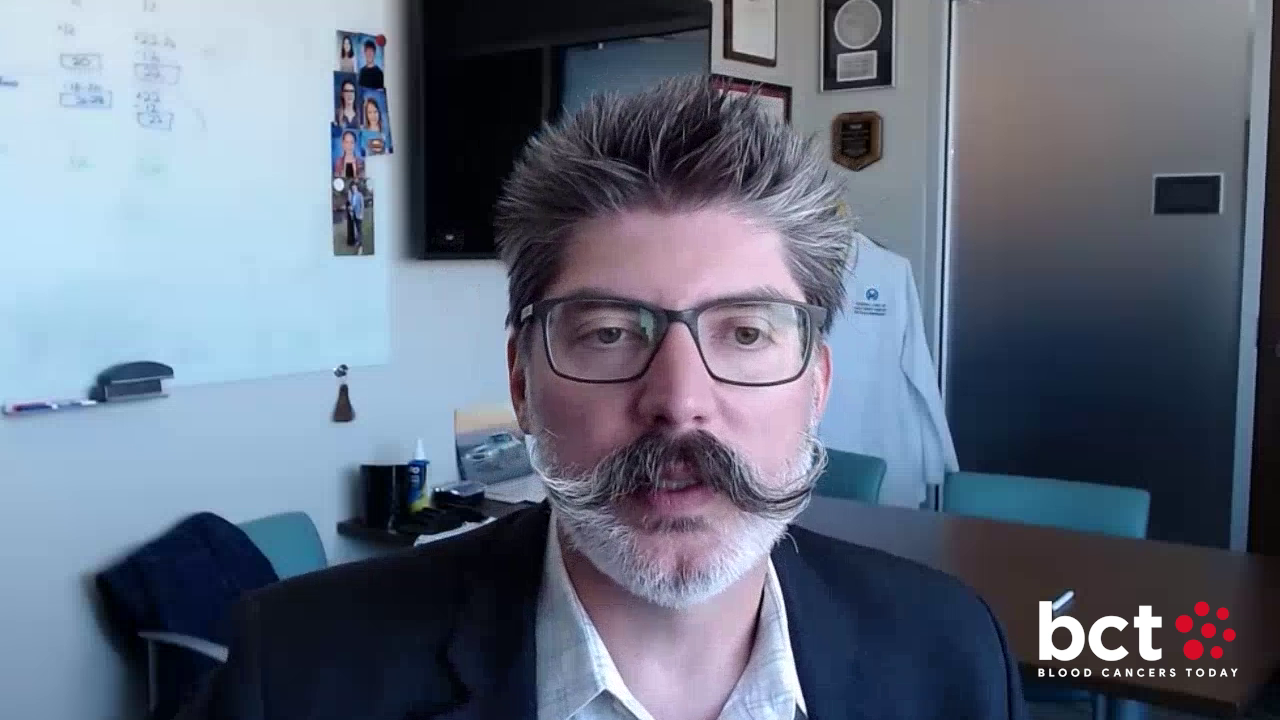
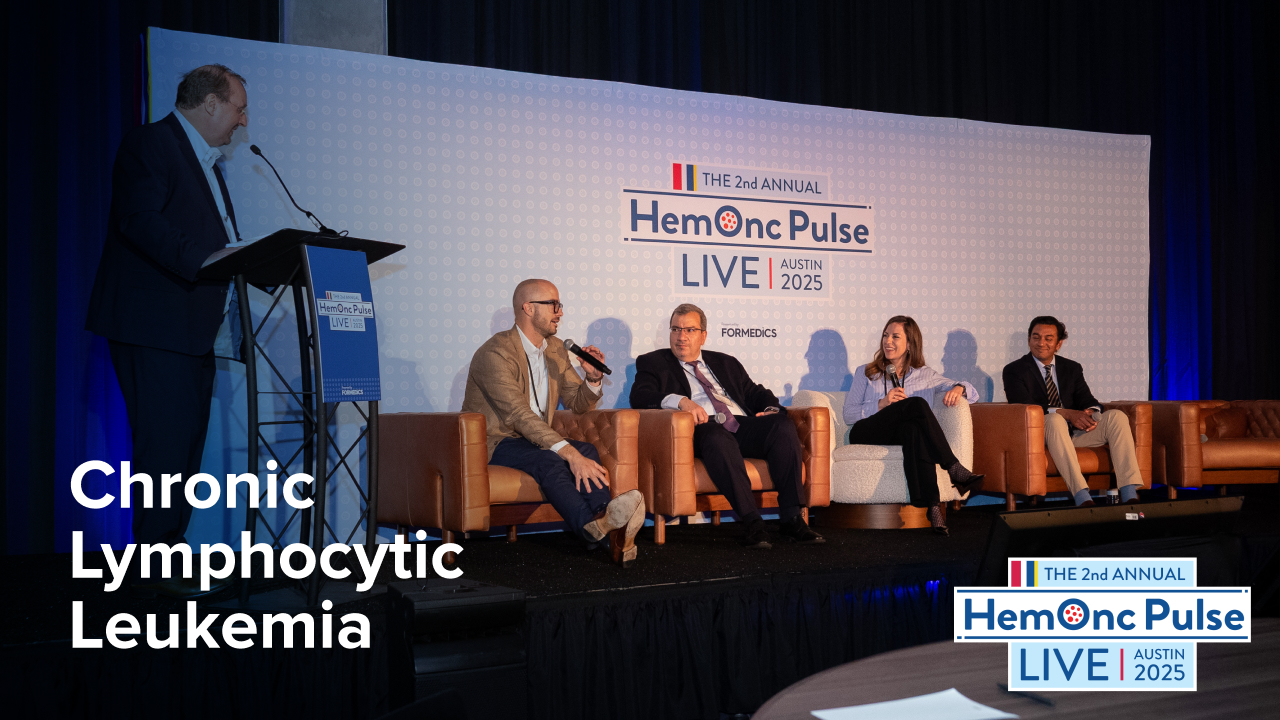
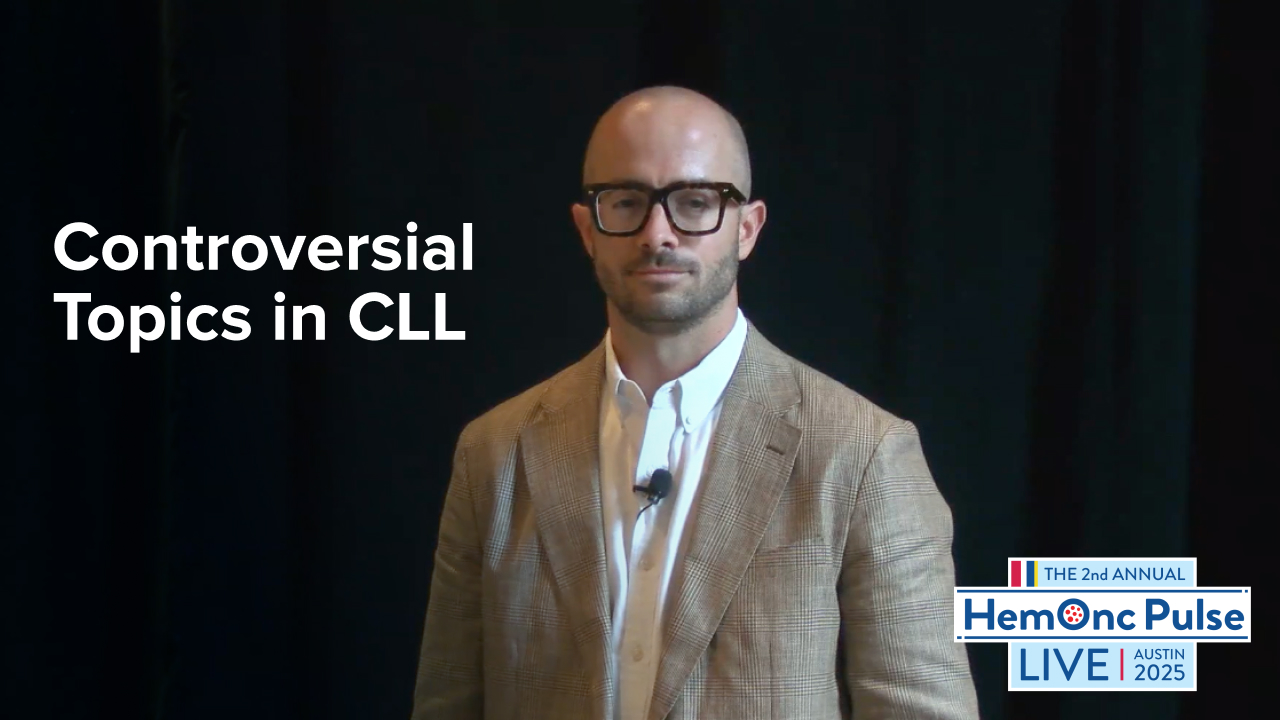
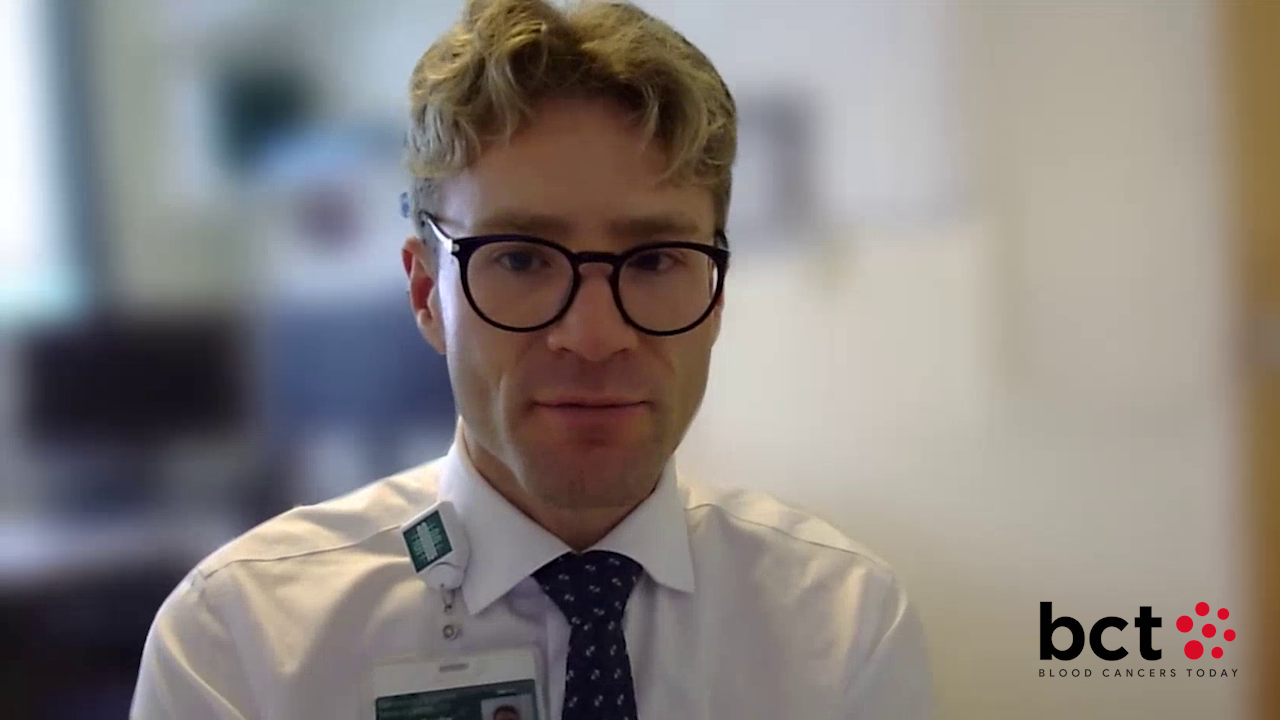
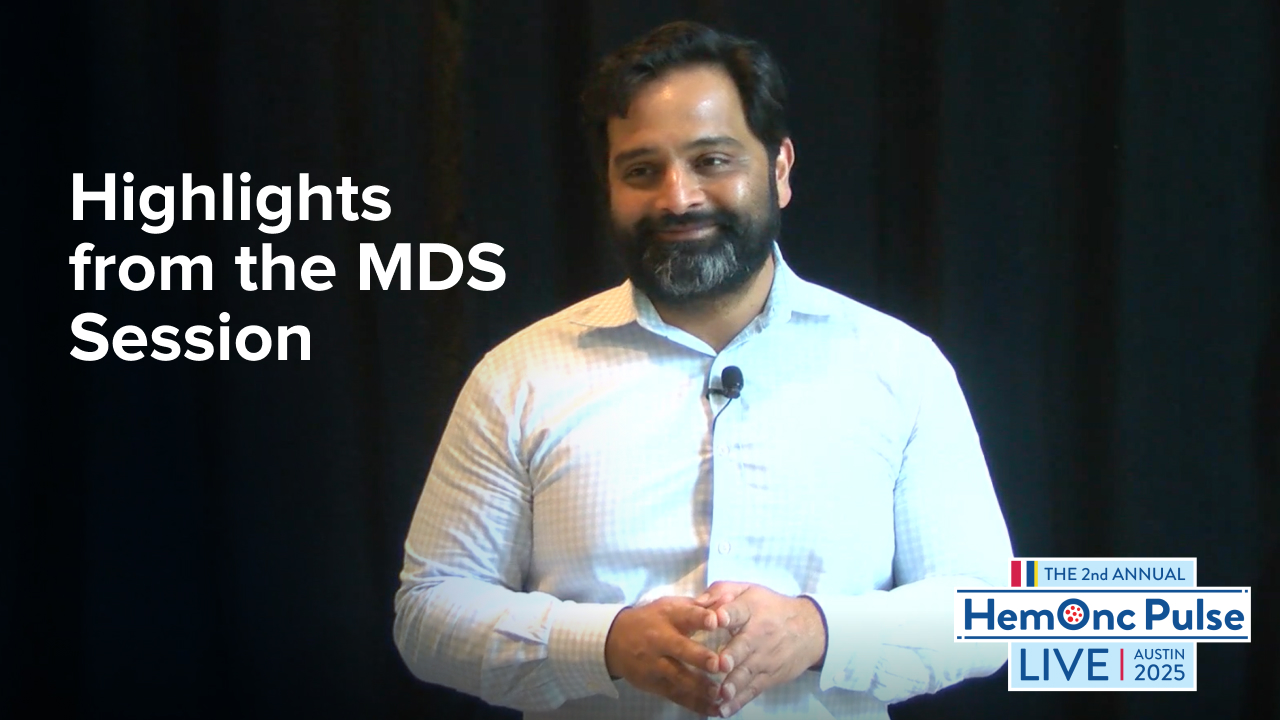
 © 2025 Mashup Media, LLC, a Formedics Property. All Rights Reserved.
© 2025 Mashup Media, LLC, a Formedics Property. All Rights Reserved.